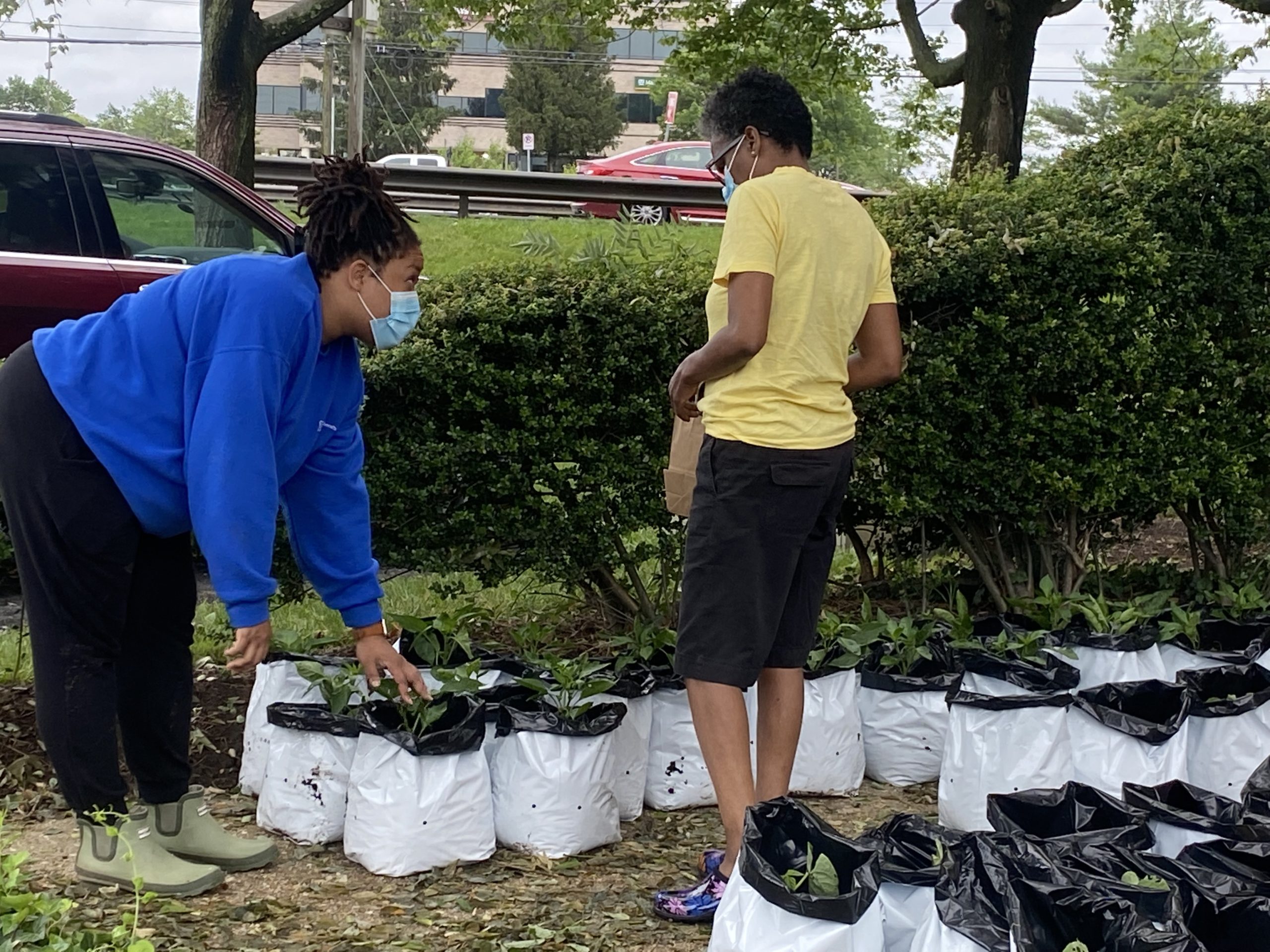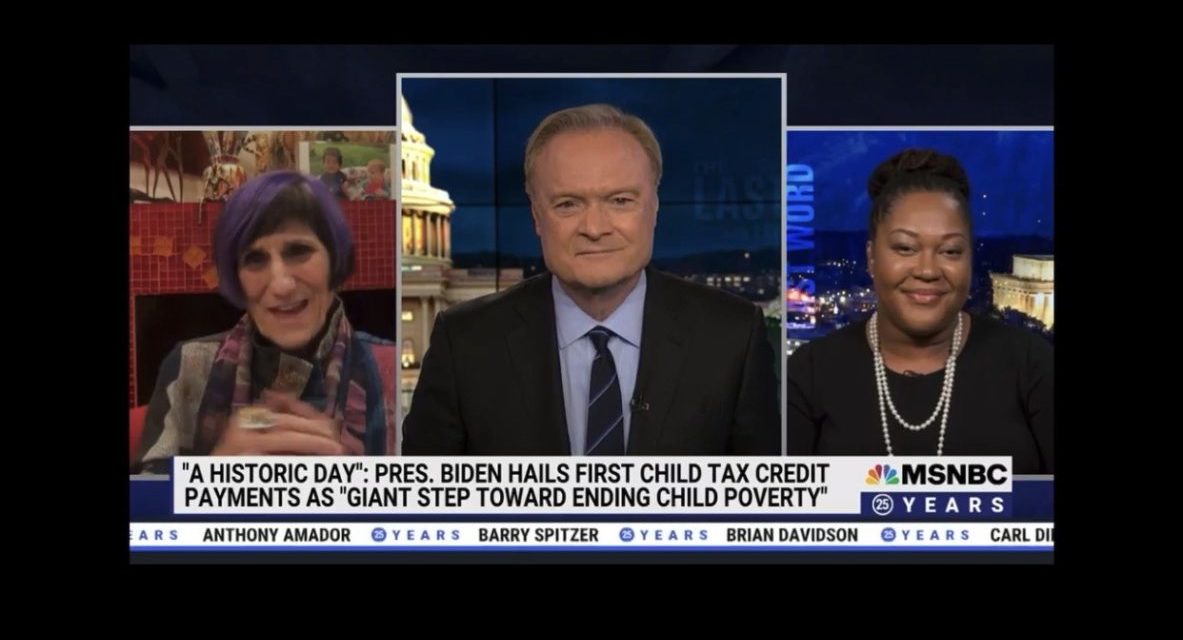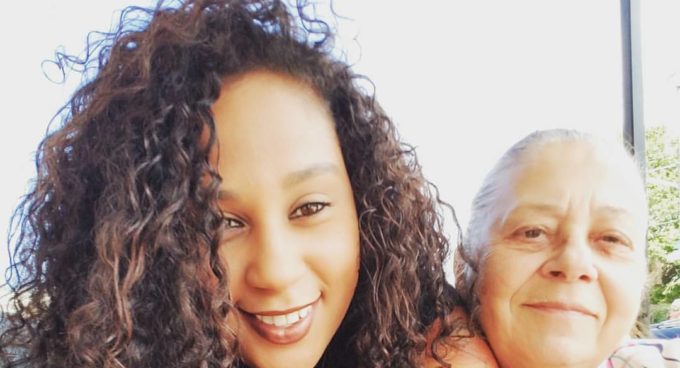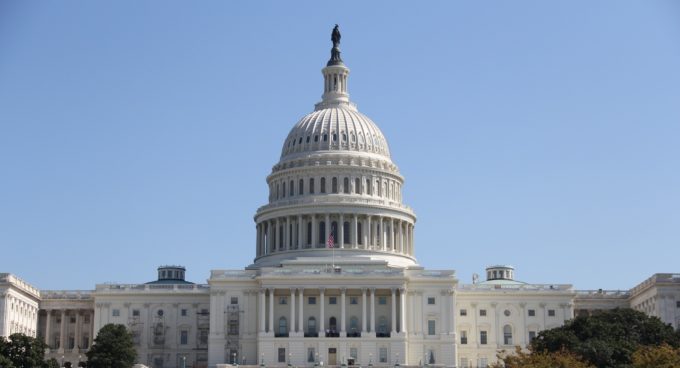
Vanessa Pierre and their family.
As 2019 drew to a close, I was finally able to give a name to something my children and I had experienced in the past and were beginning to experience again: food insecurity.
That year, I’d gone from working as a successful business owner to a night manager at Starbucks in less than six months. Bills were mounting, and I was unexpectedly a single mother once again — all of which made keeping my family’s table full that much harder.
However, compared to other moments when my kids and I found it difficult to make ends meet, this time was different because I had the skills to make us whole again. I decided I would grow as much food as I could and tap into my homesteading skills, like canning and preserving, to save money and keep staple foods available — and I would document my efforts so others could do the same.
As the COVID-19 virus spread, and organizations in my community of Montgomery County, MD, worked to provide food for households, I started Homestead Hustle & Healing (3H) to teach residents how to grow food for themselves — now and tomorrow. More than 18 months after the spread of the pandemic and worsening rates of hunger across U.S., my team of three continues to teach our neighbors gardening and homesteading skills to help offset the cost of food and climb out of poverty. To date, we have reached and supported over 2,500 Montgomery County residents through our social media platforms, free classes, and community conversations. This year, our organization also hosted the first-ever MoCo Grows Conference, a free, three-day gardening education program that featured eight courses and the distribution of over 200 vegetable plants. This work is especially important for the communities of color I belong to — communities that often lack the resources to get out of the cycle of poverty and that disproportionately are left without enough to eat.
The success of Homestead Hustle & Healing is bittersweet because I can’t help but wish there was no reason left to fight for food security in our communities. It is my greatest desire for 3H’s mission to, one day, become unnecessary — which could happen through lawmakers investing in tools, like the expanded Child Tax Credit (CTC), that help families who are struggling to keep their heads above water.

Vanessa Pierre at the MoCo Grows Conference.
This summer, my county, and the country, experienced immediate relief following the receipt of the first round of advance expanded CTC payments — monthly payments authorized by President Biden’s American Rescue Plan to provide eligible families with kids extra support to weather the economic shocks of COVID-19. In Maryland alone, over one million kids qualified for the advance CTC payments in August.
Expected to cut child poverty nearly in half, data show that the payments have already slashed rates of hunger and financial hardship. In fact, food insecurity among households with children dropped by an incredible 24 percent within one month of the payments being distributed in July. The additional monthly income has provided a peace that allows families like mine to begin to dream beyond our current circumstances.
With more food in fridges and more money to spend on essentials like groceries because of the strengthened CTC, it’s exciting to imagine how communities everywhere could transform. For instance, community members can become community advocates, working to chip away at the root causes of food and financial insecurity — not just the symptoms.
Communities have been given license to hope for a greater future through the expanded CTC — at least for now.

Vanessa Pierre discussing the impact of the expanded Child Tax Credit on MSNBC.
The expanded CTC is set to dissolve at the end of the year. Recently, our lawmakers released a reconciliation bill framework that includes funding for critical investments in fighting child hunger, including an extension of the expanded CTC for one year. Our policymakers need to hear from us, loud and clear, to pass a reconciliation bill that includes the CTC so that families continue to benefit from the strengthened credit.
Community organizations like Homestead Hustle & Healing are born from an apparent need to fill in the gaps left behind by a lack of funding, resources, opportunity, and legislation. Join Feeding America and me in telling our decision-makers: we can help close the gaps that leave families hungry for good by continuing to invest in the expanded Child Tax Credit.



